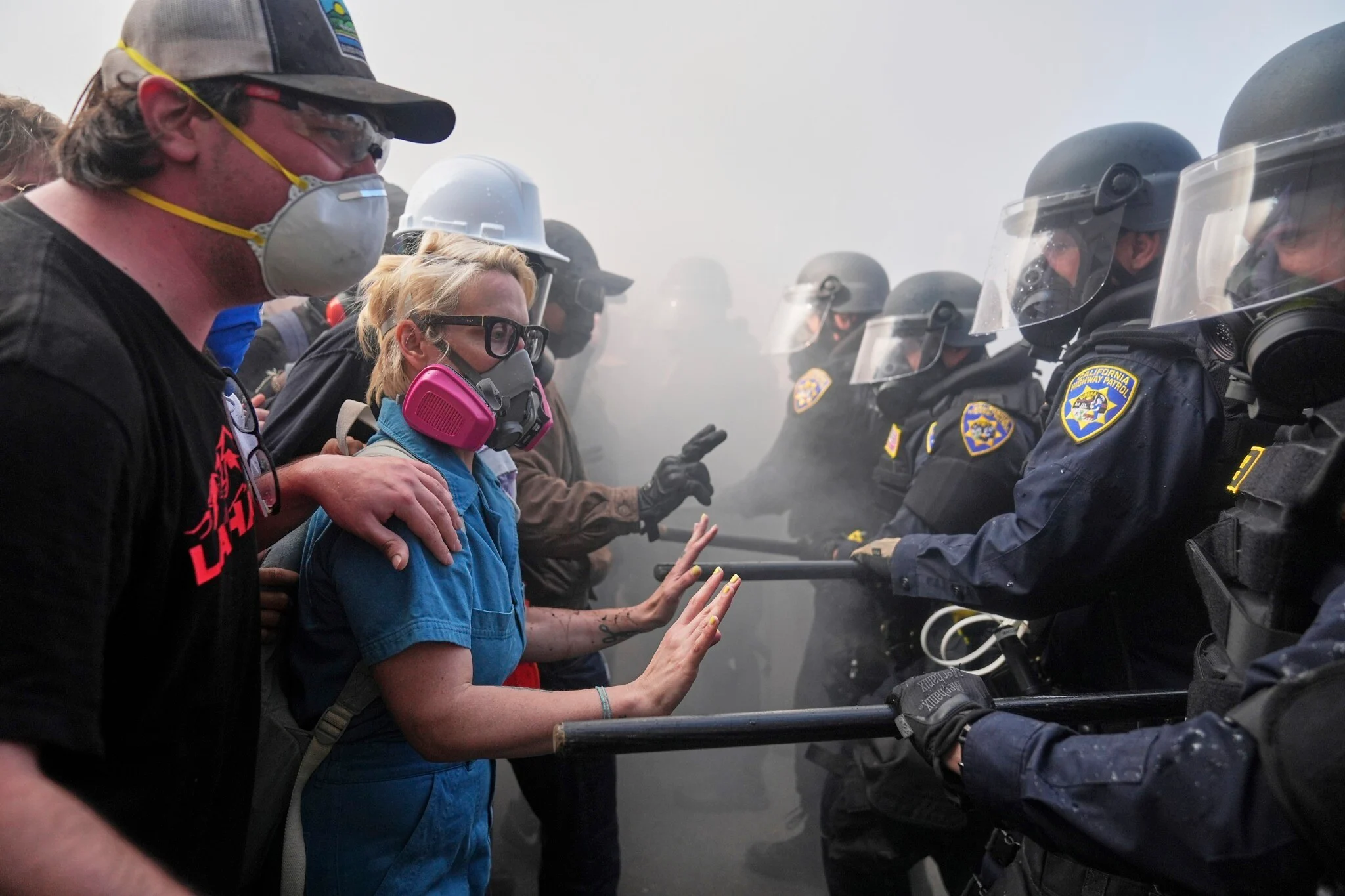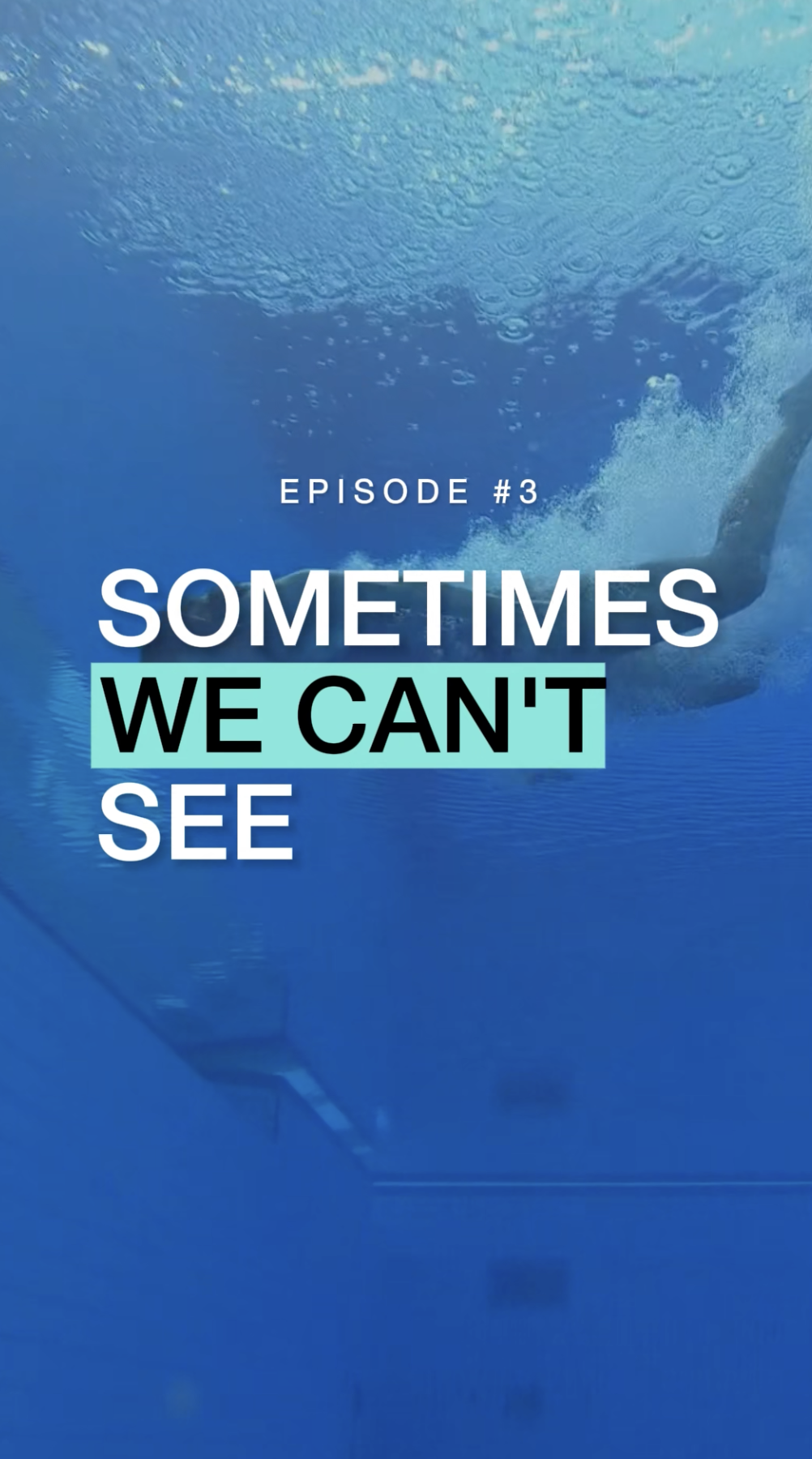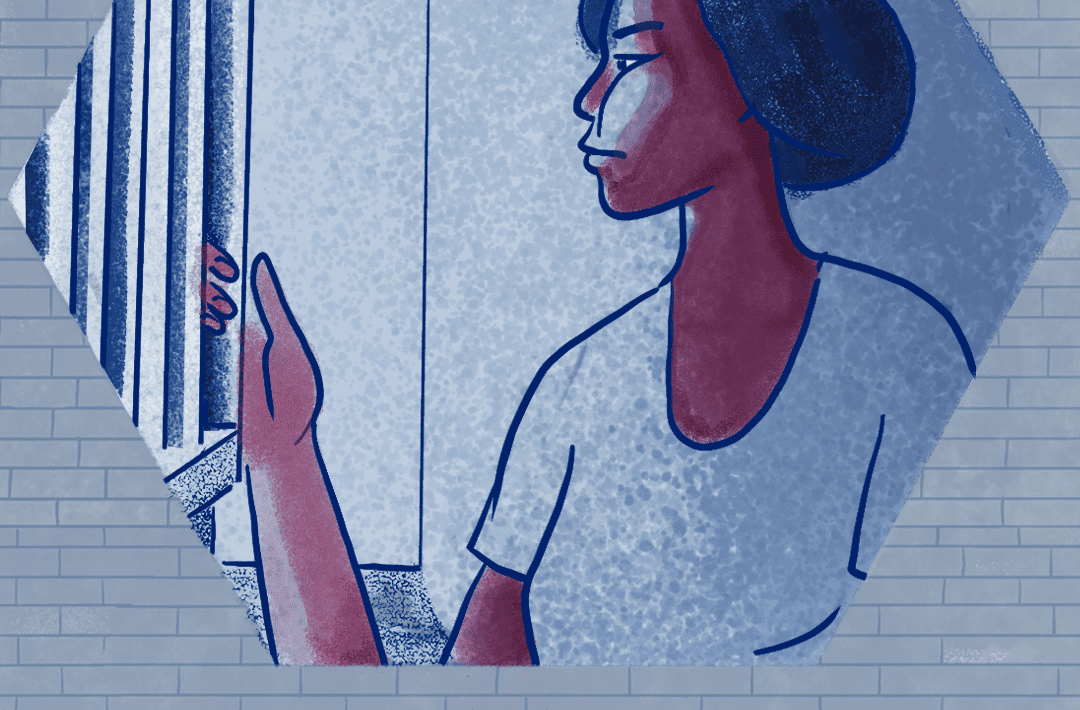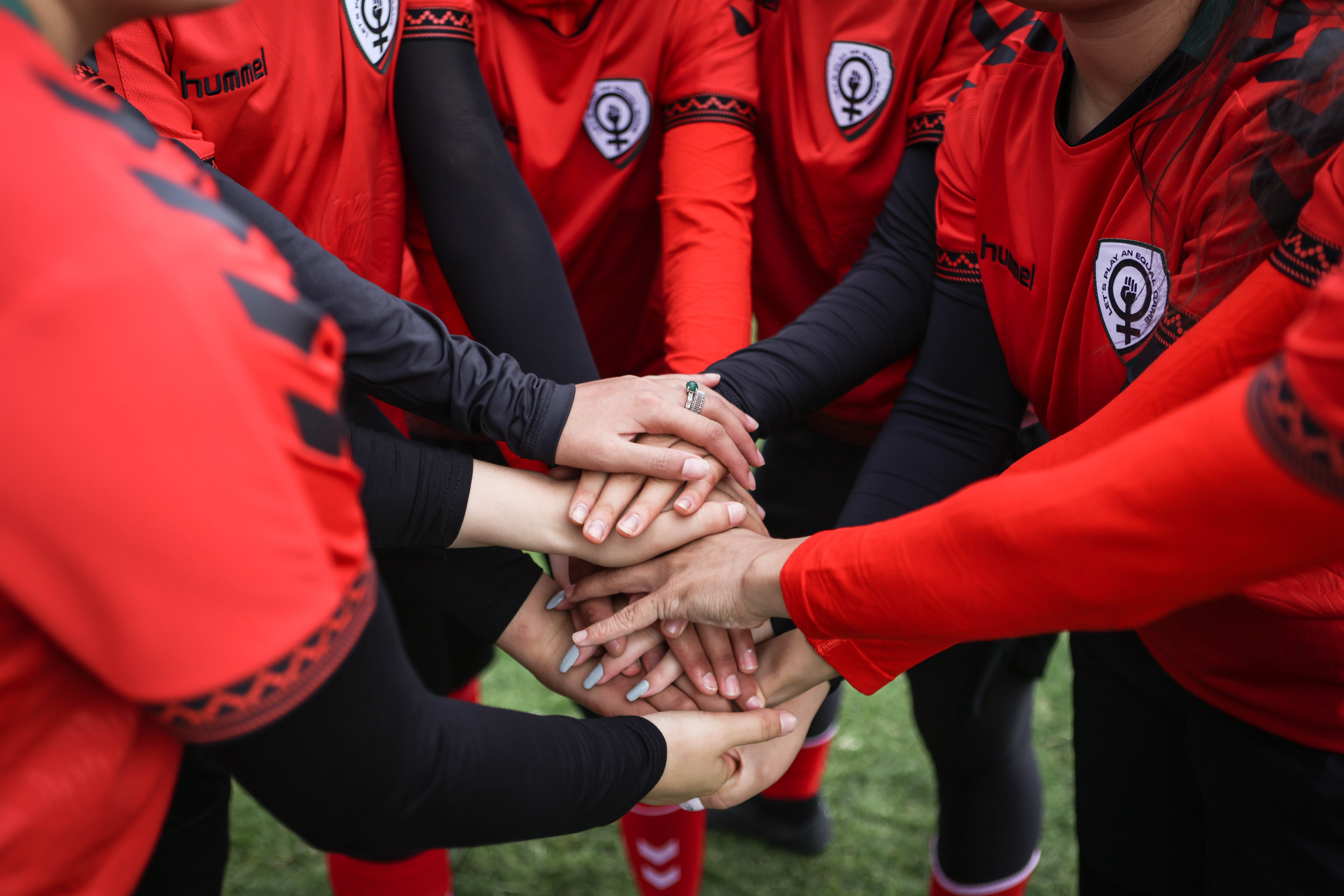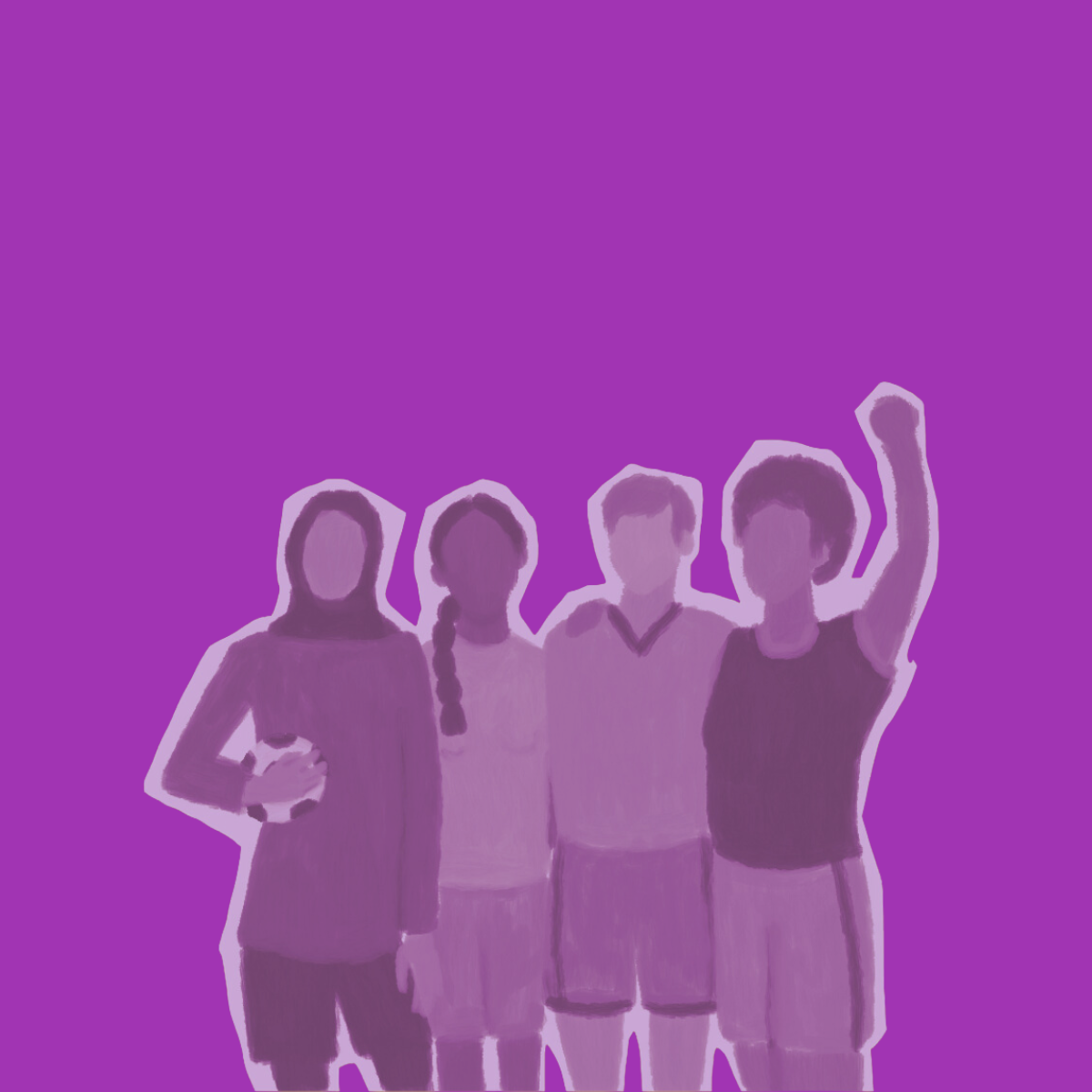Prospects for free-wheeling media coverage of the February Beijing Winter Olympics seem increasingly dim, not least because of the attitude of the International Olympic Committee.
On October 13, John Coates, vice president of the International Olympic Committee, dismissed out of hand calls from CPJ, human rights groups, and US lawmakers to pressure Beijing over its abysmal human rights record.
“We have no ability to go into a country and tell them what to do,” said Coates, as reported by Reuters. “All we can do is to award the Olympics to a country, under conditions set out in a host contract…and then ensure they are followed.” The IOC details a press accreditation process for up to 3,000 global reporters on its website, but does not reference their working conditions.
China’s mistreatment of journalists is a major feature of its human rights shortcomings, and has steadily worsened since 2008. In December 2020, CPJ documented at least 47 journalists behind bars in China, making it the worst jailer of journalists worldwide for the second year in a row; in 2008, there were 30. While most of those incarcerated are Chinese citizens, Australian blogger Yang Hengjun has been held incommunicado since his arrest on espionage charges in August 2019. Cheng Lei, an anchor for state-run broadcaster CGTN who is also an Australian citizen, remains in detention since police arrested her in August 2020. Earlier this year, international journalists reported intense harassment and threats of violence while they were covering a deadly flooding in Zhengzhou City, Henan Province.
CPJ’s attempts to reach Chinese officials to request comment or action on these incidents are routinely ignored. But sporting events that offer a window into the host country can provide an incentive to improve human rights standards and its global image – at least in theory.
When the IOC announced in 2001 that it was awarding Beijing the 2008 Games, Chinese authorities assured the IOC that there would be “no restrictions” on media coverage, and that foreign journalists would be able to interview any organizations and individuals in China as long as they obtained the interviewee’s consent. Regulations issued by the state council that went into effect on January 1, 2007 seemingly offered freedom to report on all topics in every corner of the country; they subsequently expired, as CPJ noted at the time.
Chinese journalists, already facing more risks than their foreign counterparts, received separate directives from the Central Propaganda Department, ordering them to follow the party line while reporting on the sporting events.
Yet here’s how journalists fared in the run-up to the 2008 Games:
- Foreign journalists were harassed, threatened, and had to fend off interference by Chinese officials while trying to do their jobs. The Foreign Correspondents’ Club of China documented more than 230 cases of harassment, obstruction, and detention and at least 10 cases of death threats made against foreign journalists in China.
- Six Hong Kong broadcasters were expelled from the Tibet Autonomous Region for covering anti-government demonstrations; at least 50 foreign journalists told the FCCC that they also faced obstruction from officials while trying to report in Tibet.
- In just one example of repercussions for domestic reporting, Chinese freelance journalist Lü Gengsong was sentenced in 2008 to four years in prison on subversion charges for publishing articles about government corruption and organized crime. After his release, Lü was arrested again in 2014 and is currently serving an 11-year sentence in prison for writing on human rights issues.
With China having suffered no apparent negative consequences, either for reneging on commitments to the foreign press, or for punishing local reporters trying to shine a light on wrongdoing, improvements in 2022 seem highly unlikely. This is especially true in the COVID-19 era, where health and distancing regulations make it easier to control journalists’ movements.
In July 2021, journalists covering the Tokyo Olympics had to operate in an isolated “Olympic bubble” imposed by the Tokyo Organizing Committee of the Olympic and Paralympic Games, and were banned from interviewing people outside the Olympic village.
Working conditions for reporters covering Beijing 2022 look even bleaker, with new IOC rules requiring all participants to enter a “closed-loop management system,” a COVID-19 countermeasure that would limit their activity to Olympic venues. The New York Times describes it as “a bubblelike environment in which athletes, officials, broadcasters, journalists and a large Games work force will be forced to eat, sleep, work and compete, without leaving, from the day they arrive to the moment they depart.”
Such a regime suits Chinese officials. A day after Coates made his comment, Chinese foreign ministry spokesperson Zhao Lijian expressed his appreciation to the IOC vice president for saying the organization would not put political pressure on Beijing. “China is ready to work with the rest of the international community to oppose the politicization of sports (and) demonstrate the new Olympic spirit of being ‘together’,” said Zhao. For these Olympics, he clearly felt no need to follow up with hollow promises about press freedom.
